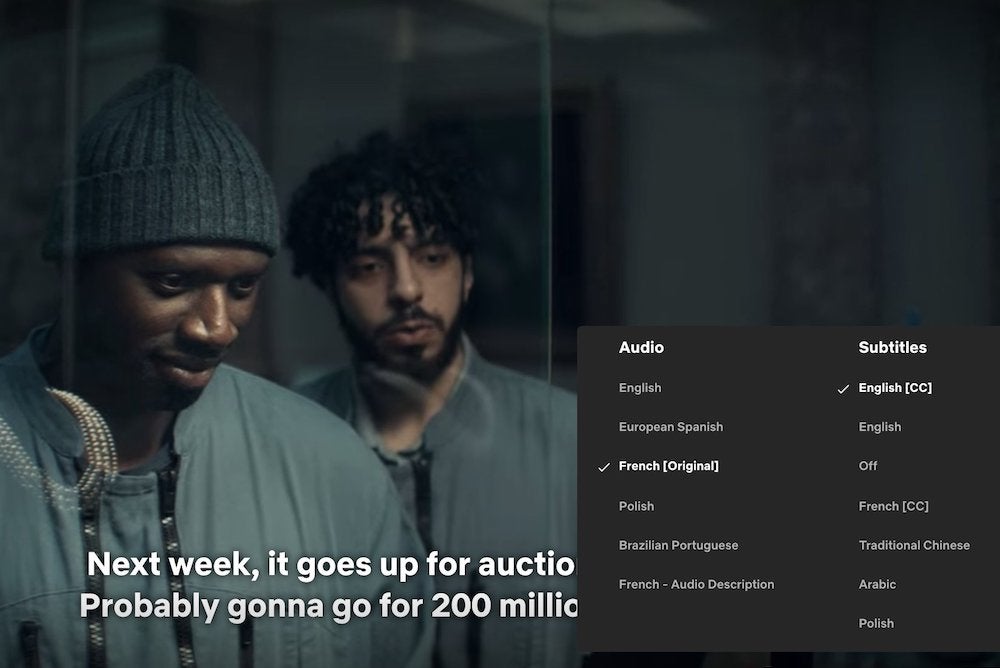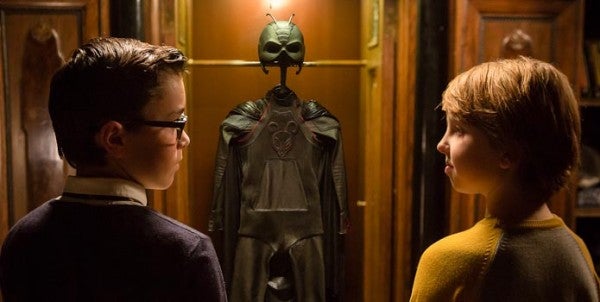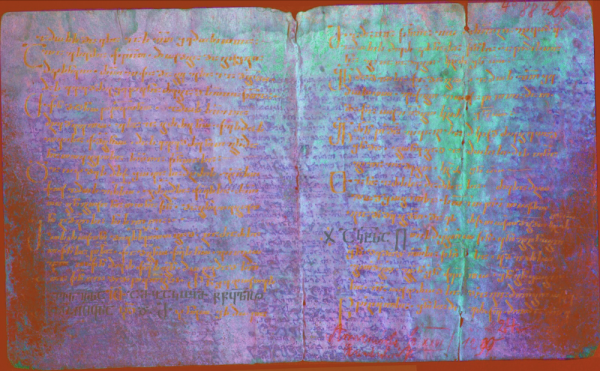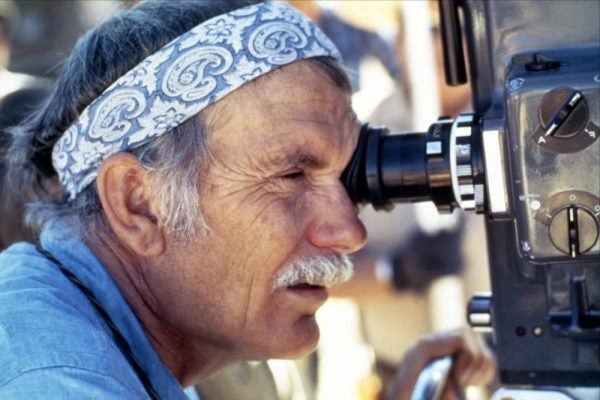Hello (Bonjour) From Your Friendly TV Translator
I Hope You Enjoy My Subtitles and Dubs—Then Forget I Exist
If you don’t notice my work, it means I’m doing my job properly.
I’m an audiovisual translator, which means that I—and others like me—help you understand the languages spoken on screen: You just click that little speech bubble icon in the bottom-right corner of your preferred streaming service, select the subtitles or the dub, and away you go. These scripts are all written by someone like myself, sitting quietly at a computer and spending day after day trying to figure out, “What are they actually saying here?”
I decided to become an …














